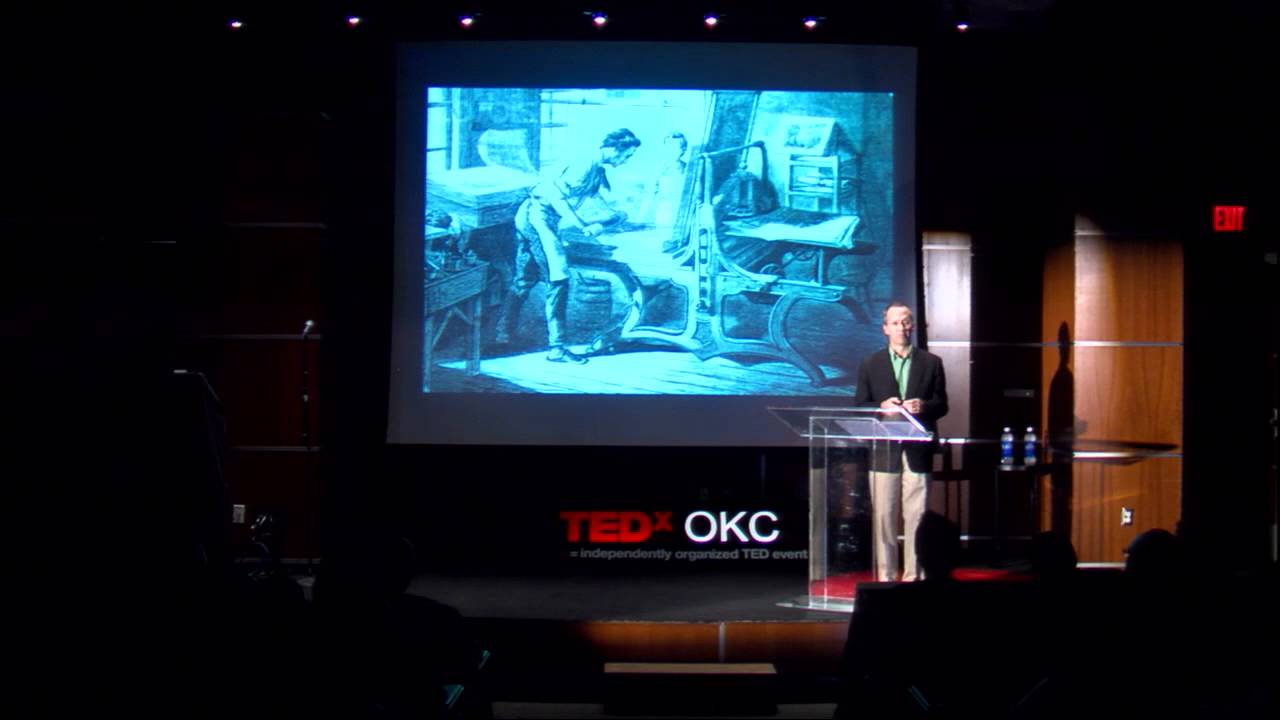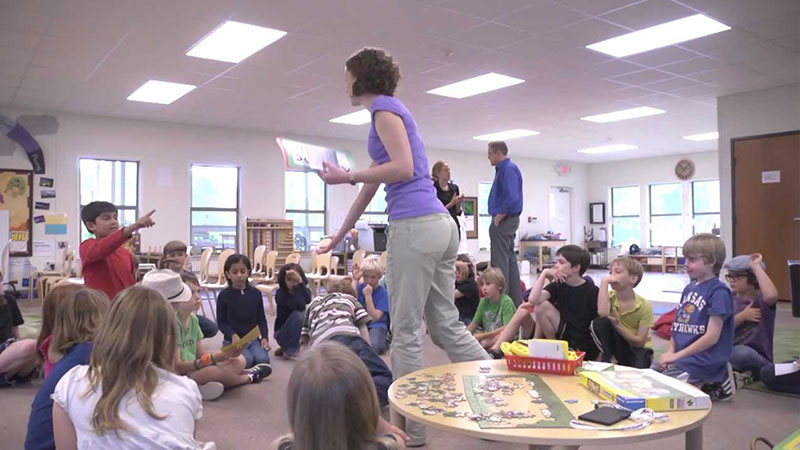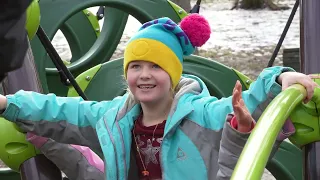
The Discovery heroes embarked on an exciting new quest—Marine Science! On this quest, heroes will explore ocean currents and waves, biodiversity on coral reefs, the deep sea, and the open ocean. Each week, the heroes explore a different topic area by completing challenges from one of five levels. As work is completed, groups “level up.” Levels include Krill, Octopus, Tuna, Shark, and Whale. These challenges will prepare the heroes for the final challenge at the end of the quest, the trivia game “Under the Sea Jeopardy!”
The week, the heroes collaborated on teams to set up two experiments to explore the sea surface currents and the Coriolis effect. In the first experiment, heroes explored sea surface currents by simulating ocean conditions in a hands-on way. They started by filling plastic bins with water, creating a “mini-ocean” to observe how currents move. To mimic floating objects on the water’s surface, they used aluminum balls, which helped them visualize how different forces act on floating items in real-world ocean currents. Then heroes experimented by blowing across the surface of the water with straws, representing wind—one of the major drivers of sea surface currents. They carefully observed how the aluminum balls moved in response to the wind. Next, heroes explored the Coriolis effect, a force caused by Earth’s rotation that affects the movement of water and air. For this experiment, they used a 8-inch manila folder circle, pencils with erasers, and food coloring to see how the Earth’s rotation causes currents to veer in different directions.
The heroes also explored marine science by visiting the wetlands and pond of UW-Arboretum. Pat, the naturalist, told us all about the prairies, the fires that rage through them, and the battles both the plants and the people are waging against invasive species. The heroes found a patch of wild cattails and learned about the aquatic critters that might be lurking in their roots, and enjoyed playing in the shelter of a weeping fig tree.
This week in the Communication Challenge, the heroes explored the skills needed to greet and host guests effectively. Heroes engaged in role-playing scenarios where they took turns being both the host and the guest. In each scenario, they were challenged to greet the guest appropriately, show them around, and ensure they felt at ease. They practiced maintaining eye contact, speaking clearly, and introducing themselves confidently.
The heroes are also exploring poetry. The heroes shared their favorite poems with one another. This activity allowed them to connect over literature and express themselves through the poems that resonated most with them. Additionally, as part of the morning launch this week, we had a Socratic discussion on Shel Silverstein’s poem ‘The Giving Tree’. The discussion invited the heroes to dive deep into the poem’s themes of serving others vs serving yourself.






